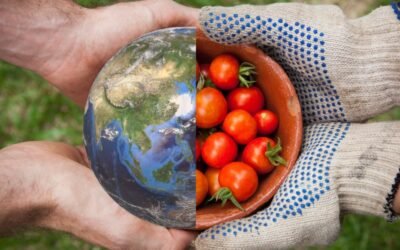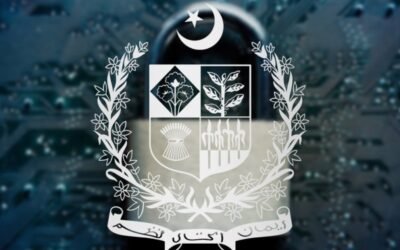A Distant War and Nearby Impact
The Russia-Ukraine conflict, which started in February 2022, is seemingly geographically distant from Pakistan. However, in today’s globalised world events in one region have wide-reaching effects. For Pakistan—already facing fiscal pressures and external economic shocks—the war has introduced new challenges, particularly in the form of rising fuel prices, supply disruptions, and global inflation. These external pressures have emphasised the need to speed up reforms and strengthen economic resilience at home.
Fuel Price Shocks and Energy Insecurity
Russia is a significant global energy supplier, sanctions on its oil and gas exports led to substantial fluctuations in global energy prices. For Pakistan, which meets around 85% of its energy demand through imports, this posed immediate fiscal and policy challenges. The price of crude oil climbed above $120 per barrel in June 2022, increasing domestic fuel costs and the government’s subsidy burden.
According to the State Bank of Pakistan (SBP), the country’s oil import bill rose to $17.03 billion in FY22 — a 105% increase from the previous year. This trend widened the current account deficit and added pressure to the foreign exchange reserves.
Despite this, the government took steps to handle the crisis. Strategic energy procurement decisions, a landmark agreement with Russia, for discounted crude oil demonstrated Pakistan’s commitment to energy diversification and maintaining stability in global partnerships. The need to expand indigenous and renewable energy sources has become increasingly clear, amid the evolving geopolitical dynamics.
Wheat and Fertiliser Crisis
Ukraine and Russia, together, account for nearly 30% of global wheat exports. Disruptions to their supply chains have caused food prices to soar globally. Pakistan, an importer of wheat, was impacted by these developments. In FY2022-23, the country imported over 2.6 million metric tonnes of grain, mostly at inflated prices. It led to food inflation and affected lower-income households the most.
The surge in fertiliser prices, particularly for urea and DAP, further burdened the agriculture sector. Whereas, policy interventions—such as, targeted fertiliser subsidies, and efforts to enhance domestic wheat procurement—demonstrate state’s commitment to relieve the burden of rural communities and maintaining food security. There is need to improve supply chain efficiency and investing in long-term agricultural self-sufficiency.
Supply Chain Disruption and Import Inflation
The conflict between Russia and Ukraine, disrupted global shipping routes and led to significant increases in freight and input costs. Pakistan, like many developing economies, experienced the impact in shape of rising import bills—which soared up to $80 billion in FY22, from $56 billion in FY21—and broader inflationary pressures.
The Pakistan Bureau of Statistics recorded inflation rate of 27.3% in August 2022, the highest in decades. This impacted industries dependent on imported machinery, energy, and raw materials—particularly textiles, automobiles, and construction.
The situation has led to decision of, reducing reliance on imports; through means of: substitution, localisation of industrial supply chains, and strengthening regional trade connections. Initiatives to develop Special Economic Zones (SEZs) under CPEC and promote local manufacturing are fundamental to this effect.
Pakistan’s Diplomatic Balancing Act
Pakistan has pursued a balanced and principled stance in response to the conflict, maintaining relations with both Western and Eastern partners. Rather than aligning with any bloc, the country has acted with strategic neutrality, safeguarding its interests while advocating for peace and dialogue on international platforms.
The government’s decision to engage in energy trade with Russia at favourable terms demonstrates a pragmatic approach, protecting its national, energy interests. By broadening partnerships and strengthening bilateral ties, Pakistan is laying the groundwork for a more resilient and diversified economic future.
A Proactive National Response
The Russia-Ukraine war has exposed global economic weaknesses, whereas, for Pakistan, it reiterated the need for self-reliance, foresight in policy-making, and flexibility. Although the challenges have been significant, there are also opportunities for reform and enduring stability.
Moving forward, the national response must continue to prioritise;
- Expansion of renewable and domestic energy sources
- Strengthening food security through agricultural investment
- Broadening regional trade networks and resilient supply chains
- Promoting ethical consumption and reducing import dependence
- Upholding targeted welfare programs and social equity
Nation’s strength depends on strategic planning, unity, and values-based governance. By aligning policy with principles, and diplomacy with national interests, Pakistan can emerge from global uncertainty more confident, better prepared, and more self-reliant.




























